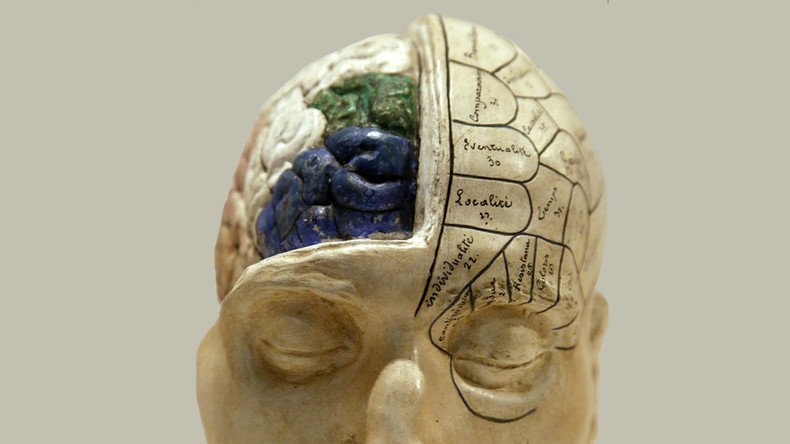People in affluent countries more likely to suffer from PTSD – study

Post-traumatic stress disorder (PTSD) impacts people in affluent nations more than those in poorer countries, a new study has found.
Researchers from the UK, Australia, and the Netherlands had expected to find that people in poorer countries, who are more likely to be exposed to traumatic events, would be more susceptible to PTSD. In fact, they found precisely the opposite was true.
Published in the British Journal of Psychiatry, the study found that Canada had the highest levels of the condition, with Australia, New Zealand, and the US close behind.
The lowest levels were found in places like Nigeria and China.
It is thought that survivors in 'safe' affluent societies which are less accustomed to violence on the scale seen in recent terror attacks suffer a profound shock when terrible events occur.
Study co-author Professor Chris Brewin from University College London told the Guardian: “PTSD has often been linked to something that violates your expectations.”
“You thought you were living in a world which is basically safe, people are basically well disposed toward you, and something happens that completely turns those ideas upside down. It is thought that makes it really hard for people to get over these events,” he said.
However, those brought up in a very different society may not have such illusions.
“You already see the world as a much more dangerous place and it may not be so surprising when something terrible happens,” Brewin said.
Brewin said the findings are similar to those for depression.
“When we looked at figures for depression we found the same pattern...countries with the greater resources had the higher rates of depression as well,” he said.











